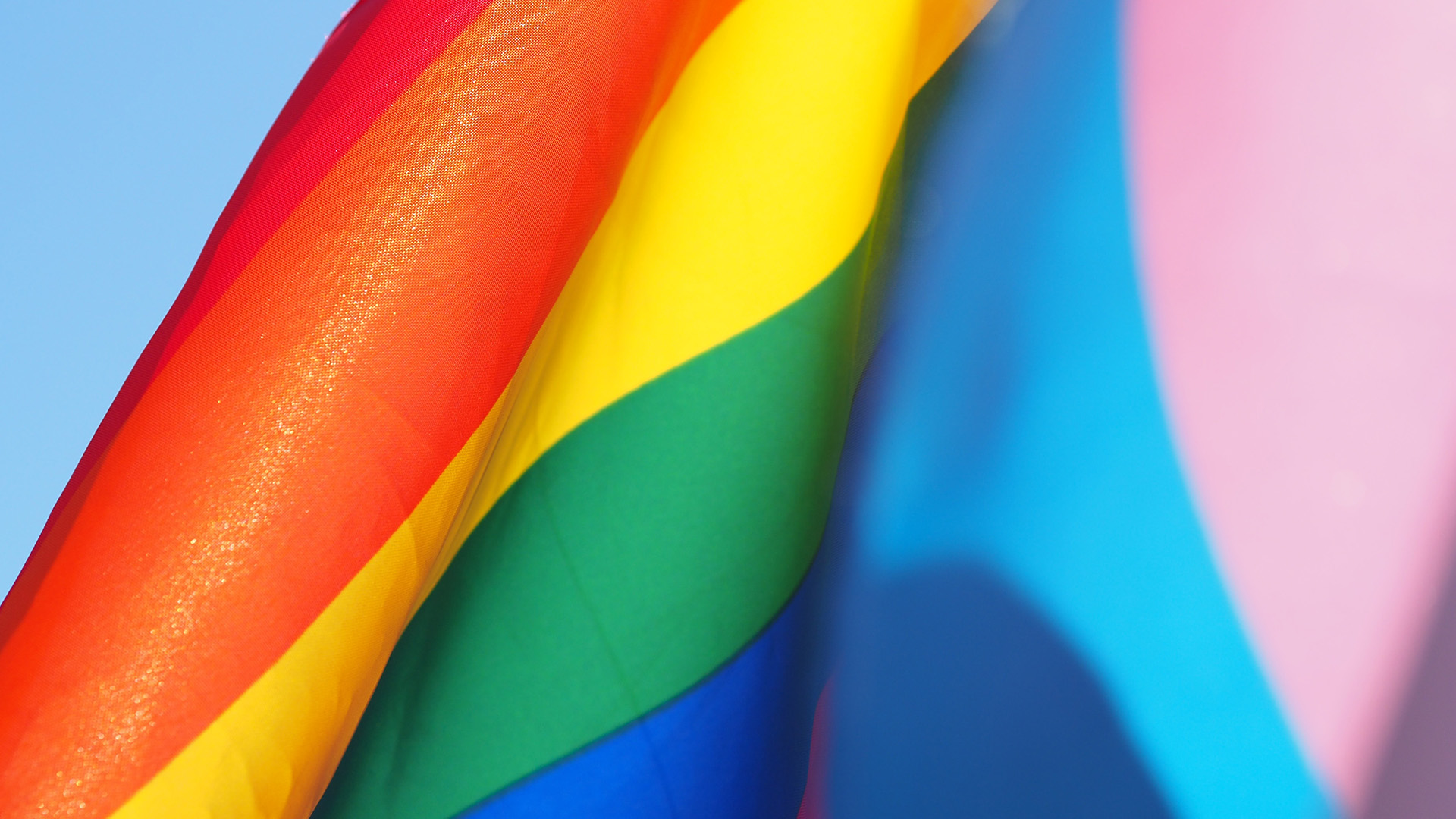Published by
Ally1 / al·ly / noun
One who is associated with another as a helper: a person or group that provides assistance and support in an ongoing effort, activity, or struggle
What comes to mind when you hear the word “ally?” Do you envision yourself walking in a parade, engaging in bystander intervention, or sometimes uncomfortable conversations? The truth is that allyship looks different for everyone. You’ll notice, however, that the most impactful allies are people who see the word as a verb rather than a noun. They pair word and action and see the power of lifting and backing up historically marginalized communities. This Pride month let’s look at what you can do to be a more proactive and impactful LGBTQIA+ ally year-round.
1.) Be aware of your own biases and prejudice and actively work to overcome them. Whether we like it or not, we all have biases – it is what we do with the bias that can change course. Even the most well-intentioned and active allies can have their own ideas of what it means to be LGBTQIA+. Remember, there is no right or wrong way to be a community member, and the LGBTQIA+ umbrella is exceptionally diverse.
2.) Listen and back up the experiences and struggles experienced by the LGBTQIA+ community. You may not fully understand the lived experience shared, but that does not make them any less valid. Use the stories shared to inform how you do allyship and do not question or interrupt when someone is talking about their background.
3.) Be informed and conversational. Find opportunities to share and talk openly with people in your life about LGBTQIA+ issues, even when LGBTQIA+ people are not present. This demonstrates that you are an ally in all that you do rather than when you’re put into the spotlight.
4.) Get and stay involved. Find LGBTQIA+ positive groups, coalitions, or causes and seek opportunities to get involved with the community. This can be in-person or online, whichever easily fits into your comfort zone. It may not suit your schedule to attend an in-person meeting every week or attend large events – don’t worry, there is always something to be done – even from your own home.
5.) Integrate inclusive language. If you hear an anti-LGBTQIA+ “joke,” say something and offer new language. Demonstrate your own commitment toward LGBTQIA+ equality by respecting chosen names and pronouns and not assuming relationship status, gender, etc. There is also power in correcting and redirecting others. You may be surprised by how many people will echo your language and will learn something new in the process.
The importance of being a good ally cannot be overstated. The LGBTQIA+ community still experiences discrimination and violence and needs support. By being a good ally, we can help create a more inclusive and accepting society for everyone. So let’s all commit to being better allies and to standing up for the rights of the LGBTQIA+ community.
Other sources:
Being an LGBTQ+ Ally




